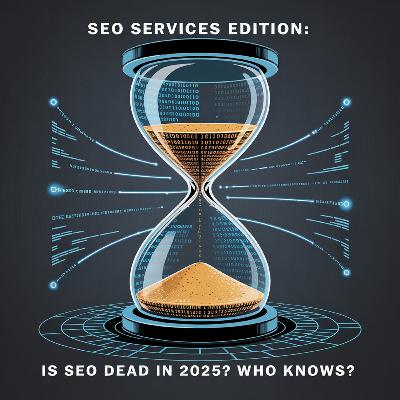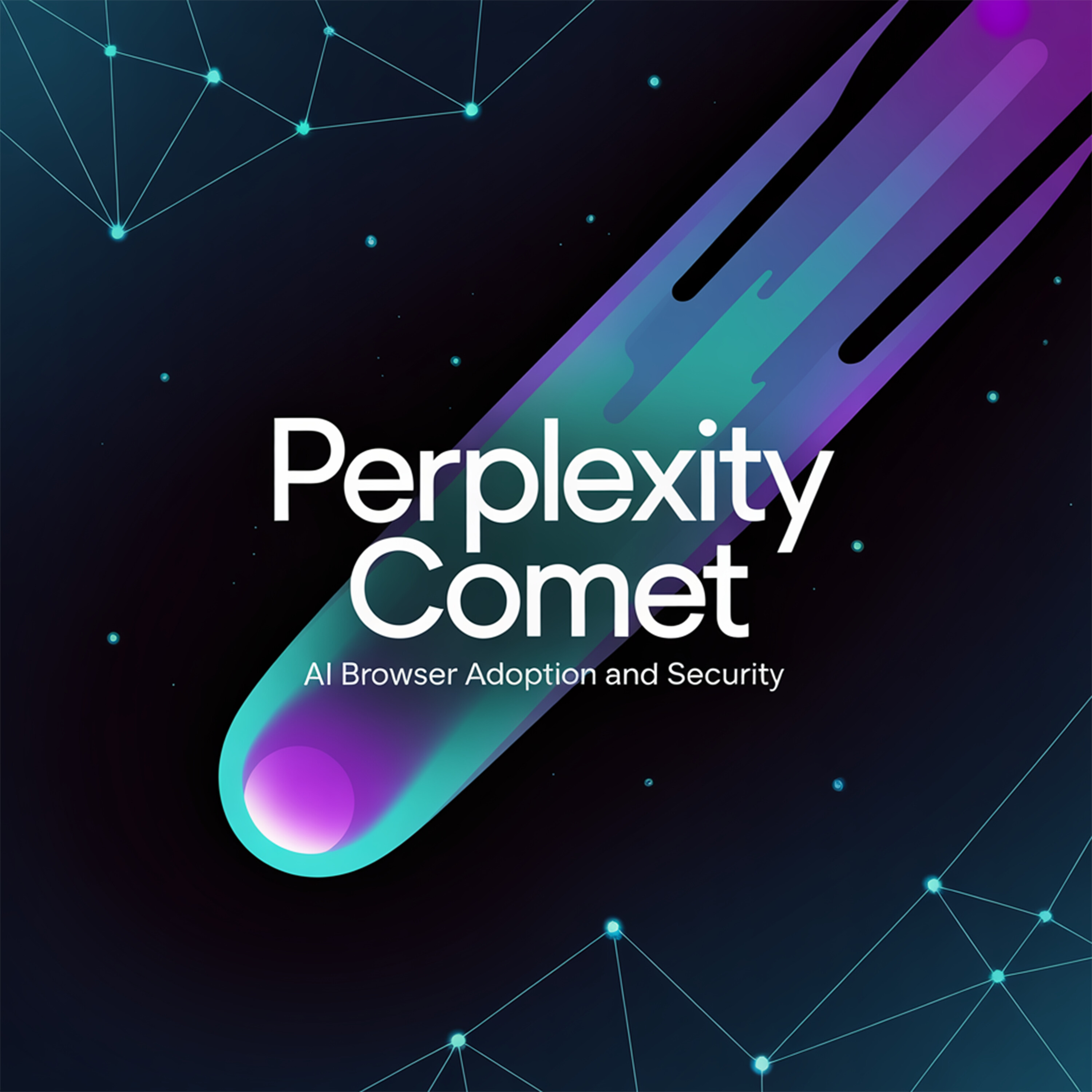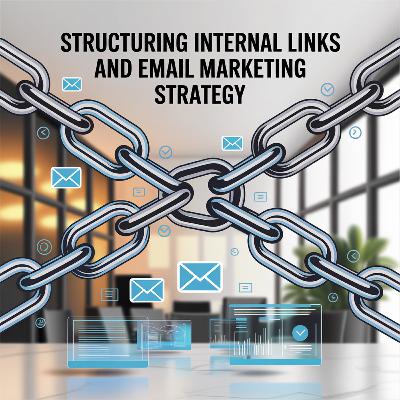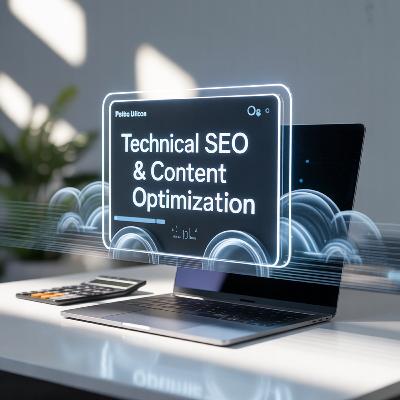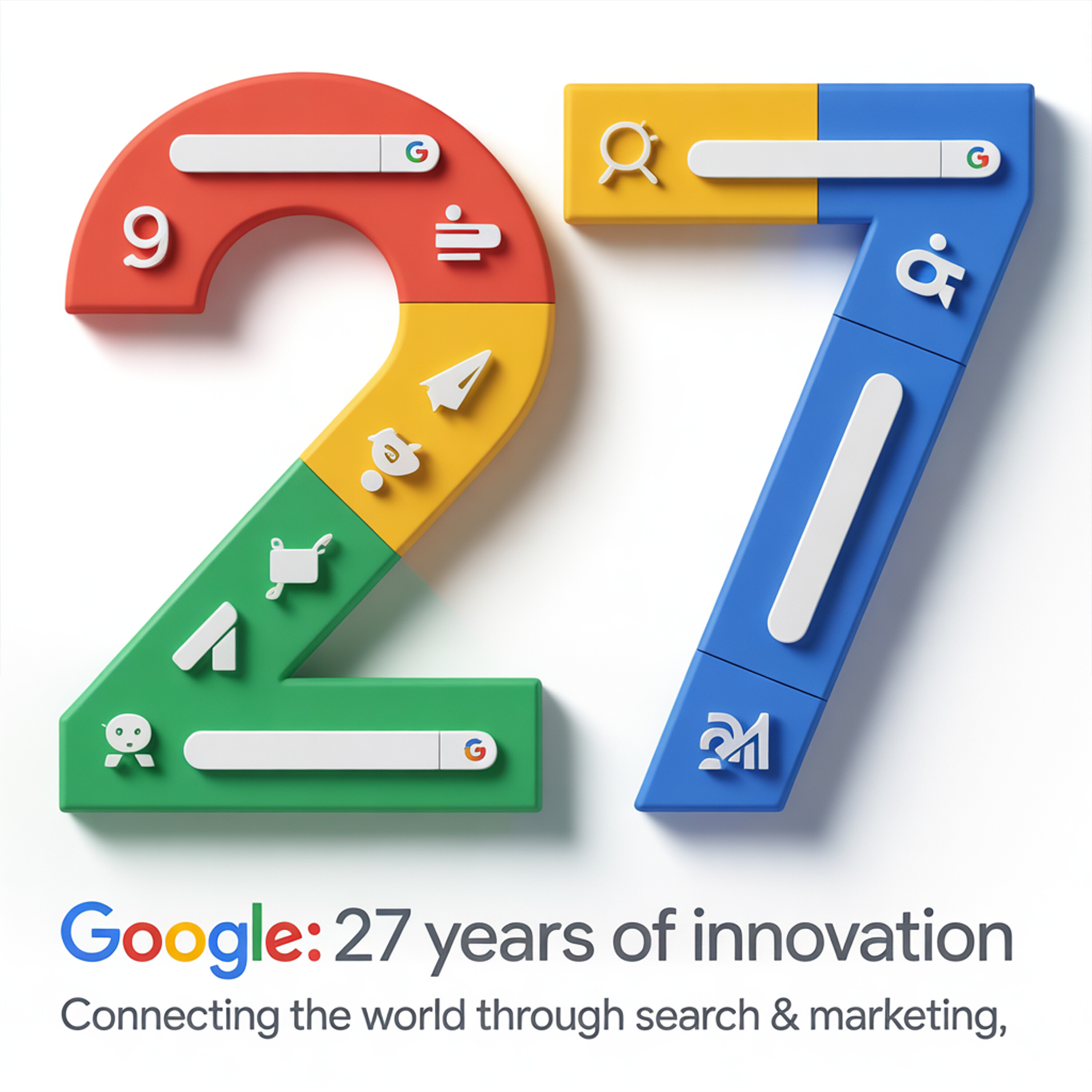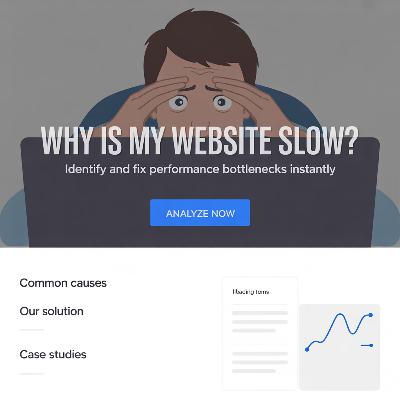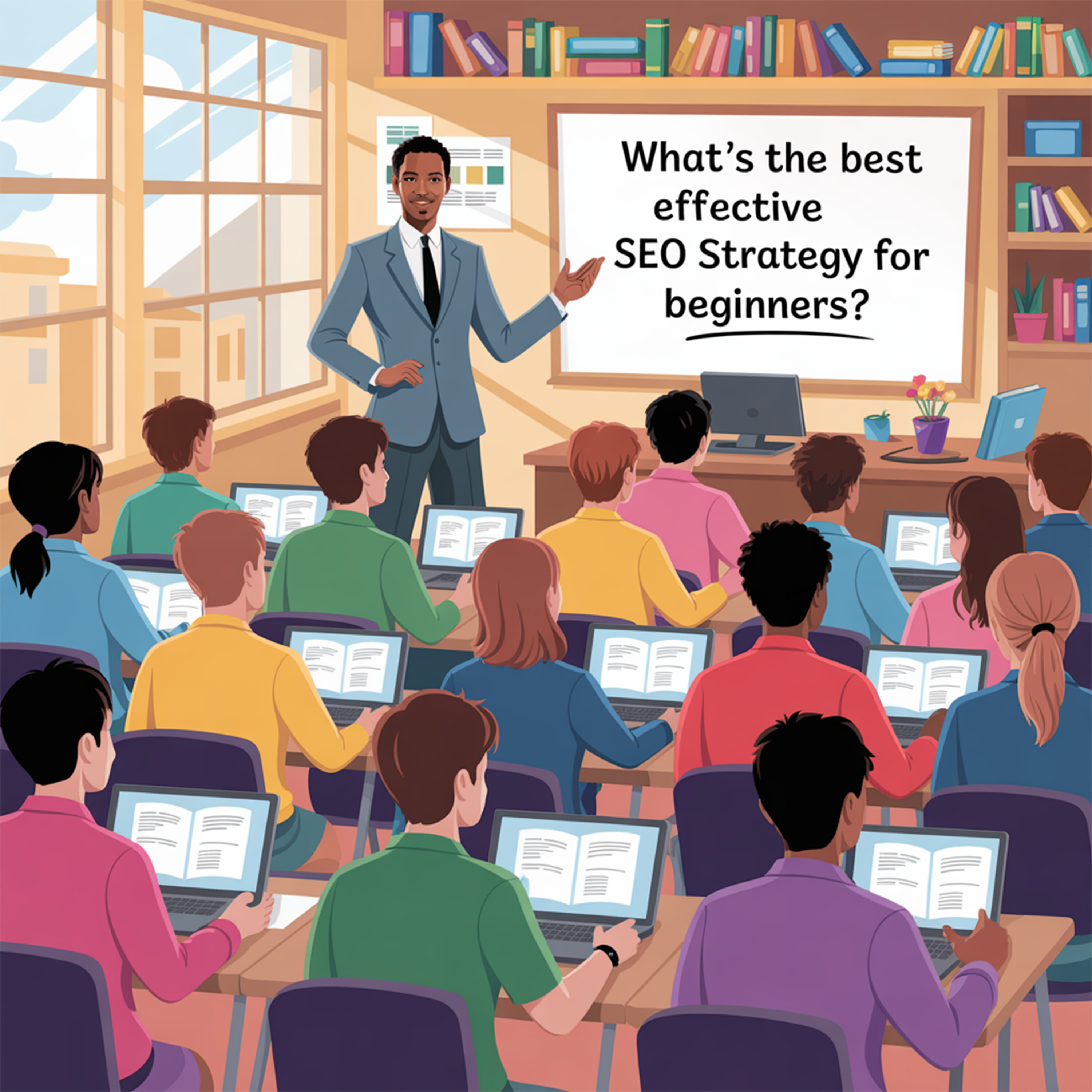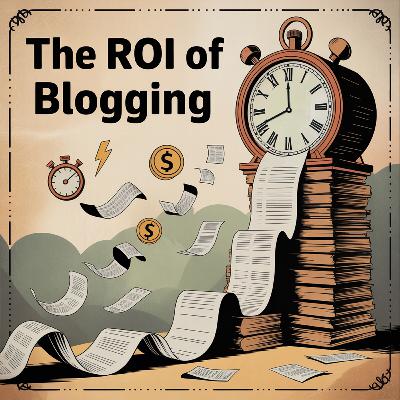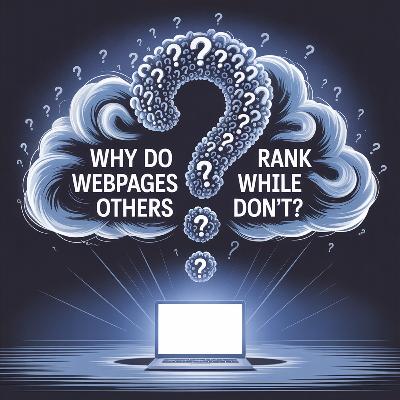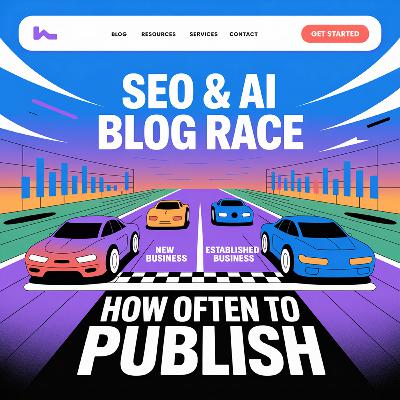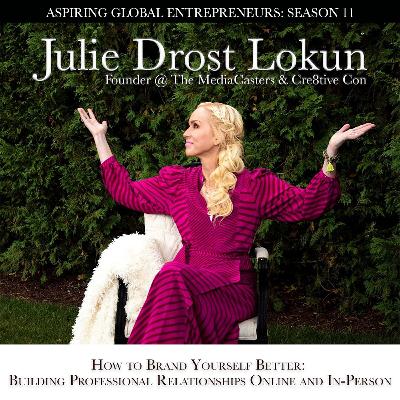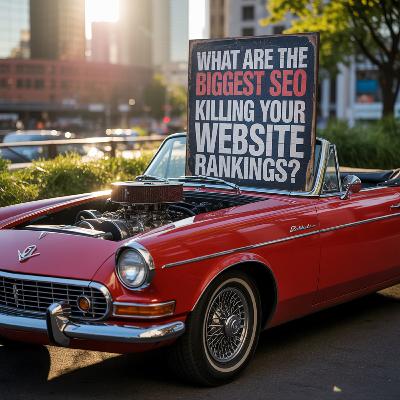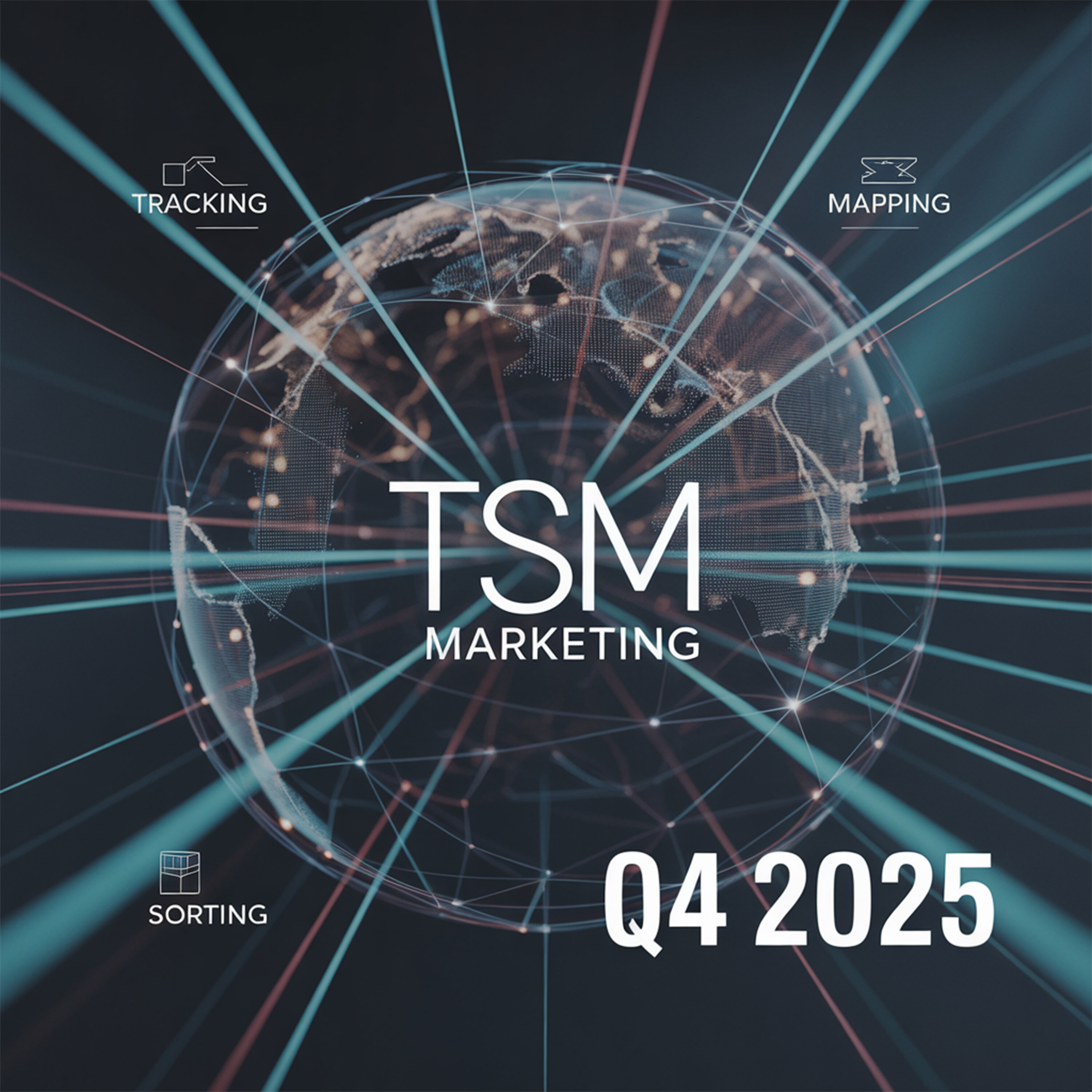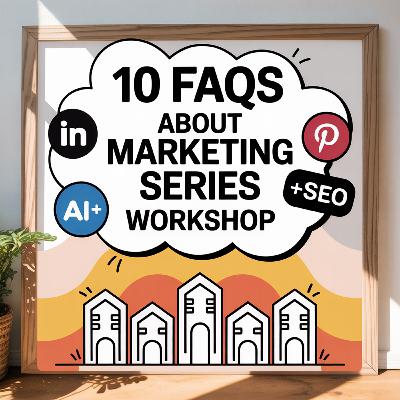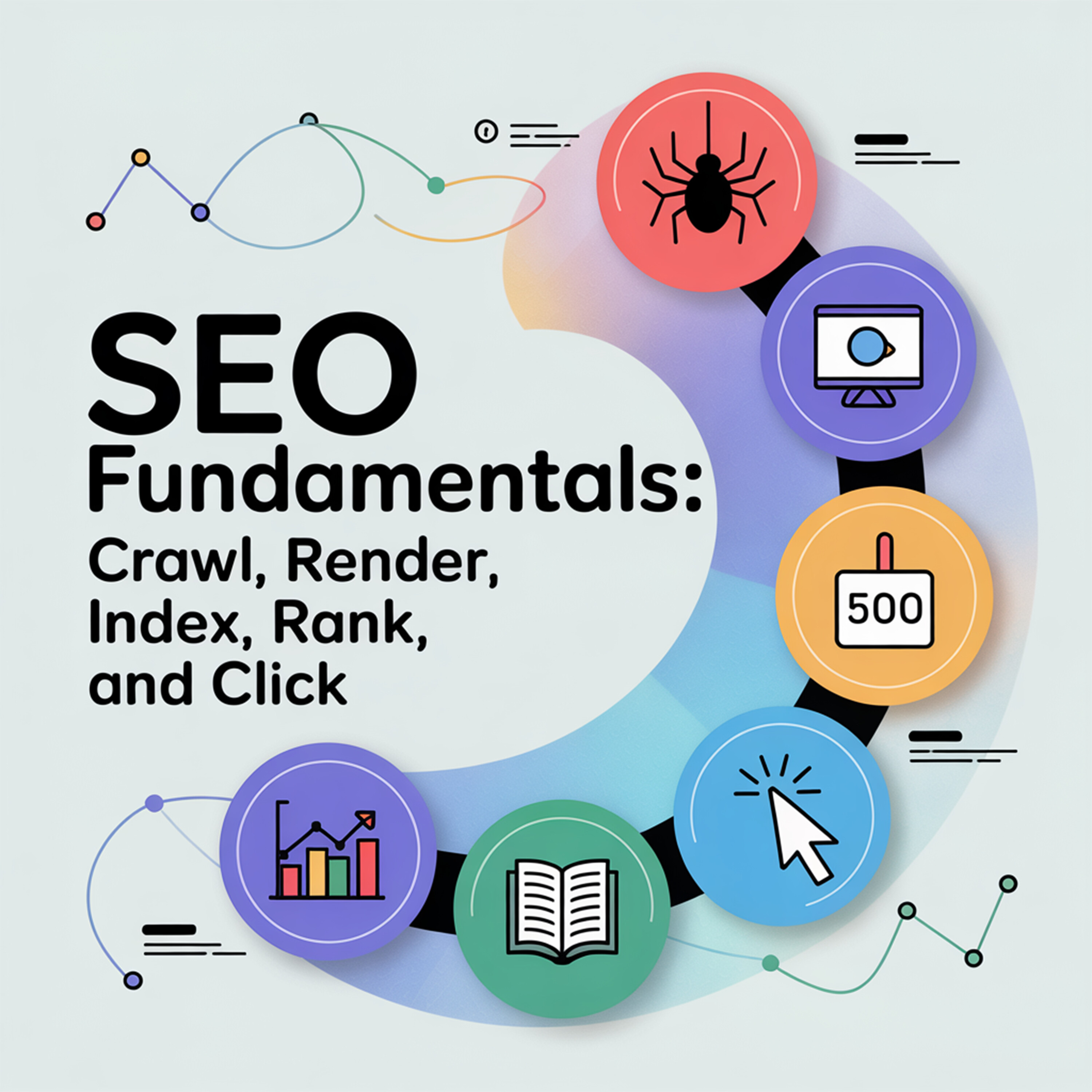SEO Services Edition: Is SEO "Dead" in 2025? Who Knows? (Case Studies, Testimonials, and Ultimate Guide with Favour Obasi-ike)
Description
SEO Services Edition: Is SEO "Dead" in 2025? Who Knows? (Case Studies, Testimonials, and Ultimate Guide with Favour Obasi-Ike) | Get exclusive SEO newsletters in your inbox.
Favour Obasi-Ike presents an engaging and conversational discussion that emphatically argues for the continued relevance of Search Engine Optimization (SEO) in 2025 and beyond, directly refuting the idea that SEO is "dead."
Favour Obasi-Ike, joined by other marketing professionals (with a guest LIVE! audio testimonial), highlights that SEO is foundational for online visibility across various platforms, including traditional search engines and AI-driven systems like ChatGPT. The dialogue stresses the importance of consistent content creation, strategic updates, and a holistic approach to online presence, emphasizing that SEO is not merely about keywords but about understanding user intent and providing valuable, well-structured information.
Favour Obasi-Ike illustrates these points with practical examples and case studies, demonstrating how effective SEO can significantly boost website traffic, lead generation, and overall business growth by ensuring content is discoverable and impactful. The discussion ultimately positions SEO as a continuous, essential investment that underpins all successful digital marketing efforts.
Next Steps for Digital Marketing + SEO Services:
FAQs about the Is SEO "Dead" in 2025? Who Knows? Episode:
1. Is SEO dead in 2025?
No, SEO is not dead in 2025; in fact, it's more vital than ever. The perception that SEO might be obsolete often stems from a misunderstanding of what it truly encompasses. Search Engine Optimization (SEO) is fundamentally about being discoverable online. With 8.2 billion people in the world and 1.1 billion websites, and an astounding 8 to 16 billion daily searches on Google alone (with 15% being new searches every day), the act of searching for information is constant and growing.
The conversation clarifies that "SEO" isn't limited to traditional search engines like Google. Platforms such as ChatGPT, Google, Reddit, TikTok, LinkedIn, Apple Podcasts, Spotify, and YouTube all function as "search engines" where content needs to be optimized to be found. Therefore, anything you do to increase your visibility on these platforms is a form of SEO. The speaker emphasizes that fancy new terms like GEO, AEO, AIO, or SXO are just "cosmetics" for the same underlying principle: making your content discoverable. The core idea is that if you're not focusing on SEO, you're missing out on crucial opportunities for people to find your website and business.
2. How has AI impacted SEO, and does it replace traditional SEO efforts?
AI does not replace traditional SEO; instead, it exposes and adds structure to it. AI tools and platforms like ChatGPT, Alexa, Siri, Grock, Deepseek, Meta AI, Cloud, Perplexity, and Gemini rely on information from existing traditional platforms and servers. This means that to be found by AI search engines, your content first needs to be optimized and present on these traditional sources (like Google, Bing, Yandex, etc.).
The speaker highlights that AI search engines respond based on information given from a "source." If you are not optimizing your original content and website (the "source"), you cannot become a "resource" for AI. AI is looking for well-structured, authoritative content with clear brand citations and links. Having duplicate profiles or unverified business claims on platforms like LinkedIn, for example, can negatively impact how AI (and traditional search engines) perceive your online presence, making it harder for your business to be recognized and recommended. Essentially, AI leverages and amplifies the importance of a robust, well-optimized online foundation.
3. What are the key elements for a strong online presence in 2025, beyond just keywords?
In 2025, a strong online presence moves beyond solely focusing on keywords to prioritizing conversations, user experience, and a holistic, structured approach to content. Key elements include:
- Content with Purpose: Focus on "who are you talking to? Who are you serving? Why are you showing up?" Your content should address specific questions and needs, aiming for positive, neutral, or negative sentiment analysis from AI.
- Continuous Optimization: SEO is not a one-time fix. Websites and content need regular updates. Blogs, for instance, have a *24-month cycle*, meaning consistent updates are crucial to maintain visibility. The "last modified" timestamp is vital for algorithms.
- Structured Content: Turn unstructured content (like a simple blog post) into structured articles with headings, internal/external links, embedded scripts, iframes, tables, infographics, FAQs, quotes, images, alt text, and schema (microdata/rich snippets). This makes it more digestible for both humans and search engines.
- Platform Integration & Tokenization: Your website should be connected to all relevant online platforms (Instagram, LinkedIn, YouTube, podcasts, etc.). When a page is updated, it gets "tokenized" (duplicated) across various search engines and platforms (Google, Yahoo, DuckDuckGo, Brave, Bing, ChatGPT). This ensures wide distribution and recognition.
- Google Search Console: This is paramount. Connecting your website to Google Search Console is the "internet service provider of Google" and allows you to track impressions, clicks, and positions, providing crucial data on your marketing efforts.
- E-E-A-T (Experience, Expertise, Authoritativeness, Trustworthiness): Google's guideline emphasizes providing the best user experience. This means creating a well-structured, intentional, and high-quality online presence that builds trust and authority.
4. Why is continuous content creation and updating crucial for SEO?
Continuous content creation and updating are crucial because SEO is an ongoing process, not a one-time task. Websites need "oil changes" and "tire alignments" through new articles, blogs, and updates to remain healthy and high-performing for algorithms.
Key reasons include:
- Content Decay: Blogs have a *24-month active cycle*. If content isn't updated within three years, its chances of sustaining visibility become slim, even with good initial content. The "last modified" timestamp on your content signals freshness and relevance to search engines.
- Algorithm Recognition: Search engines and AI prioritize active, recent, and updated information. Consistent updates help algorithms recognize your website as a continuously relevant and valuable source, leading to better rankings.
- Meeting Evolving Search Needs: Search volumes and user needs change with seasons, holidays, and emerging trends. Regularly updated content allows your business to align with these evolving search patterns.
- Increased Impressions and Authority: Consistently producing and updating 52 pieces of content a year can significantly boost your website's impressions and domain authority. This demonstrates expertise and a sustained commitment to providing value.
- Audience Retention: A continuous flow of valuable, updated content helps build an "attention map"that fosters a "ret

